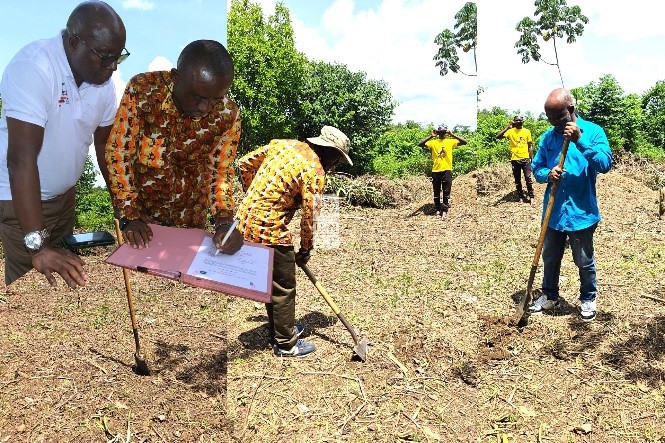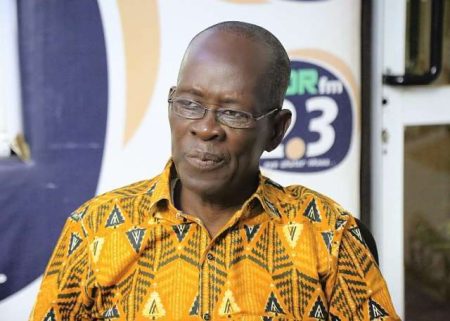The groundbreaking ceremony for a new agri-processing and storage plant in Bopolu City, Gbarpolu County, Liberia, marks a significant stride towards bolstering food security, enhancing livelihoods, and stimulating economic growth within the region. This $80,000 facility, a collaborative effort between the Liberian government and the United Nations Development Programme (UNDP) under the Accelerated Community Development Programme (ACDP), represents a beacon of hope for cooperative and individual farmers alike. The strategically located plant, situated on 2.5 acres near the Ministry of Agriculture County Office, is poised to revolutionize cassava and rice processing, two staples of the local economy. It will empower farmers to minimize post-harvest losses, optimize efficiency, and add value to their produce, ultimately improving their income and living standards. This transformative initiative addresses a critical need within the community, as farmers have long struggled with inadequate storage facilities and the high costs associated with distant processing centers. By bringing modern processing technology directly to the farmers, the plant ensures that profits remain within the community, strengthening local food production and encouraging youth participation in agriculture.
The ripple effect of this project extends far beyond mere economic gains. It fosters a sense of ownership and empowerment within the community, as evidenced by the enthusiastic responses from local residents. Hannah Sumaworo, a cassava processor, envisions a flourishing cassava-based industry, with the plant facilitating the processing and sale of value-added products across Liberia and beyond. Moses Jallah, a long-time Bopolu resident, heralds the plant as a “game-changer” for the entire region, extending its benefits to neighboring towns and villages. The inclusive nature of the project is further underscored by the involvement of Mama Korpu, a visually impaired leader of disabled farmers, who celebrates the opportunity for all community members to participate in and benefit from this development initiative.
The project’s success hinges on a shared responsibility between the government, UNDP, the contractor, and, most importantly, the community itself. Government representatives emphasized President Boakai’s unwavering commitment to agricultural advancement as outlined in the ARREST Agenda, pledging support in bringing the facility’s produce to market at competitive prices. They stressed the importance of community ownership and urged residents to actively protect and maintain the plant, recognizing that its success is intrinsically linked to their involvement. This collaborative approach ensures that the facility truly serves the needs of the people it is intended to benefit.
The UNDP’s commitment to community-driven development is evident in its multifaceted approach. Beyond the construction of the processing plant, the ACDP has empowered 14 cooperatives with small capital to support operational expenses and the construction of mini-offices. This holistic strategy strengthens local organizations and provides them with the resources they need to thrive. The project aligns seamlessly with UNDP’s broader mission of improving sanitation, agriculture, economic development, and cultural preservation in rural Liberia. By reducing reliance on expensive external processing services, the plant fosters self-sufficiency, job creation, and local economic growth, contributing significantly to the government’s ARREST Agenda for Inclusive Development (AAID).
The rapid three-month construction timeline, spearheaded by Associated Builders and Contractors (ABC) Inc., ensures that farmers gain access to modern processing facilities without delay. ABC’s commitment to employing local workers further amplifies the project’s positive impact on the community by creating immediate job opportunities during the construction phase. This commitment to local participation resonates with the overall project philosophy of empowering the community from within.
The Bopolu Agri-Processing Plant stands as a testament to the transformative power of collaborative development efforts. By investing in local capacity, fostering community ownership, and addressing the specific needs of the region, this initiative not only strengthens food security and economic opportunities but also cultivates hope and resilience within the community. It serves as a model for future development projects, demonstrating the profound impact that can be achieved when government, international organizations, and local communities work together towards a shared vision of progress. The plant is poised to become a symbol of rural transformation and agricultural resilience, driving sustainable development and economic empowerment for the people of Gbarpolu County for generations to come.














